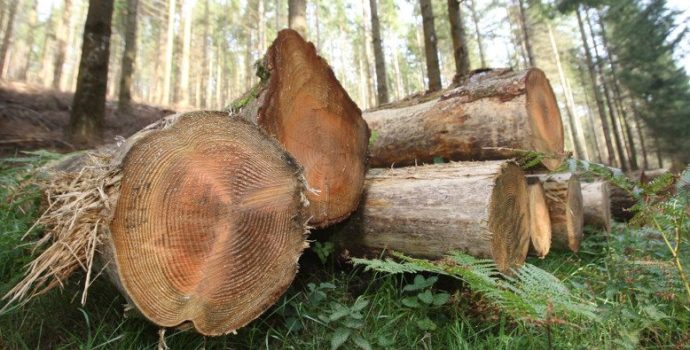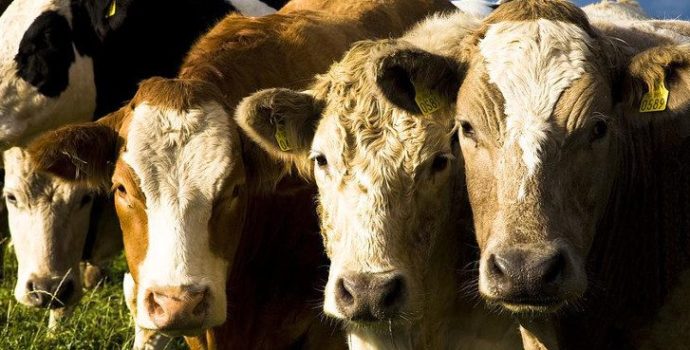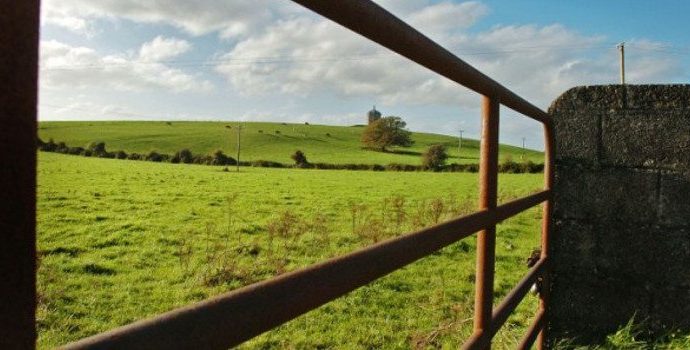New Report Shows Cattle and Sheep Sectors Vital Driver in the Irish Economy

IFA President John Bryan said a new report shows the cattle and sheep sectors are hugely important to the Irish economy, and calculates that the €2.3bn output at farmgate level creates total output of €5.7bn. The sectors support 100,000 farmers and over 50,000 jobs in the wider economy.
The Report, carried out by UCD Professor of Agriculture and Food Economics Alan Renwick, highlights the deeply embedded nature of the two sectors in the Irish economy in terms of their high spend on inputs and services in the local economy, and their very strong export orientation.
Speaking at the launch of The Importance of the Cattle and Sheep Sectors to the Irish Economy in the Irish Farm Centre today (Tues), John Bryan said this report identifies the significant geographical spread and important economic impact of the beef and sheep sectors. “The cattle and sheep sectors deliver a real return in every rural parish, generating economic activity and providing employment across the country. Combined, the sectors have an unparalleled reach in terms of their contribution to the rural and wider economy.”
The IFA President said the report shows that cattle and sheep farming are low-income enterprises, averaging €8,000 (cattle rearing) and €12,000 (sheep farming) over the last five years. He said direct payments are of major importance for farm output and income, representing over 50% of gross output and between 141% (sheep) and 177% (cattle rearing) of family farm income.
John Bryan said direct payments in the cattle and sheep sectors deliver excellent value for money, with a strong multiplier effect. He said, “One of the key findings in this report is that each €1 of direct support for cattle and sheep farmers underpins over €4 of aggregate output in the economy. For example, analysis of cattle farming in County Clare shows that 80% of the cattle output is sold in the county, and 90% of the inputs are sourced locally”.
Mr Bryan said he would be presenting this report to the Taoiseach Enda Kenny, the Minister for Agriculture Simon Coveney and the Government as the basis for underpinning IFA’s campaign to secure a positive outcome to the CAP Reform negotiations, and especially national co-financing under Pillar 2 Rural Development for the sectors. “The clear message is that every euro spent is good value for money and a major stimulus to jobs, exports and the economy.”
Achieving the <i>Food Harvest </i>targets could lead to an increase of €1.6bn in output in the Irish economy, with estimates of an additional 5,000-10,000 jobs created. Conversely, a cut in direct payments would impact very negatively on both farm incomes and output.
IFA National Livestock Committee Henry Burns said maintaining and supporting the 1.1 million national suckler cow herd is vital in terms of producing the quality beef which enables the sector to secure the high-priced premium retail and food service outlets across the UK and Europe.
With 32,000 flock owners across the country, IFA National Sheep Committee Chairman James Murphy said the sheep sector is the second largest enterprise at farm level, and is very important in terms of its economic and environmental contribution to rural areas, particularly in hill and mountainous regions.




